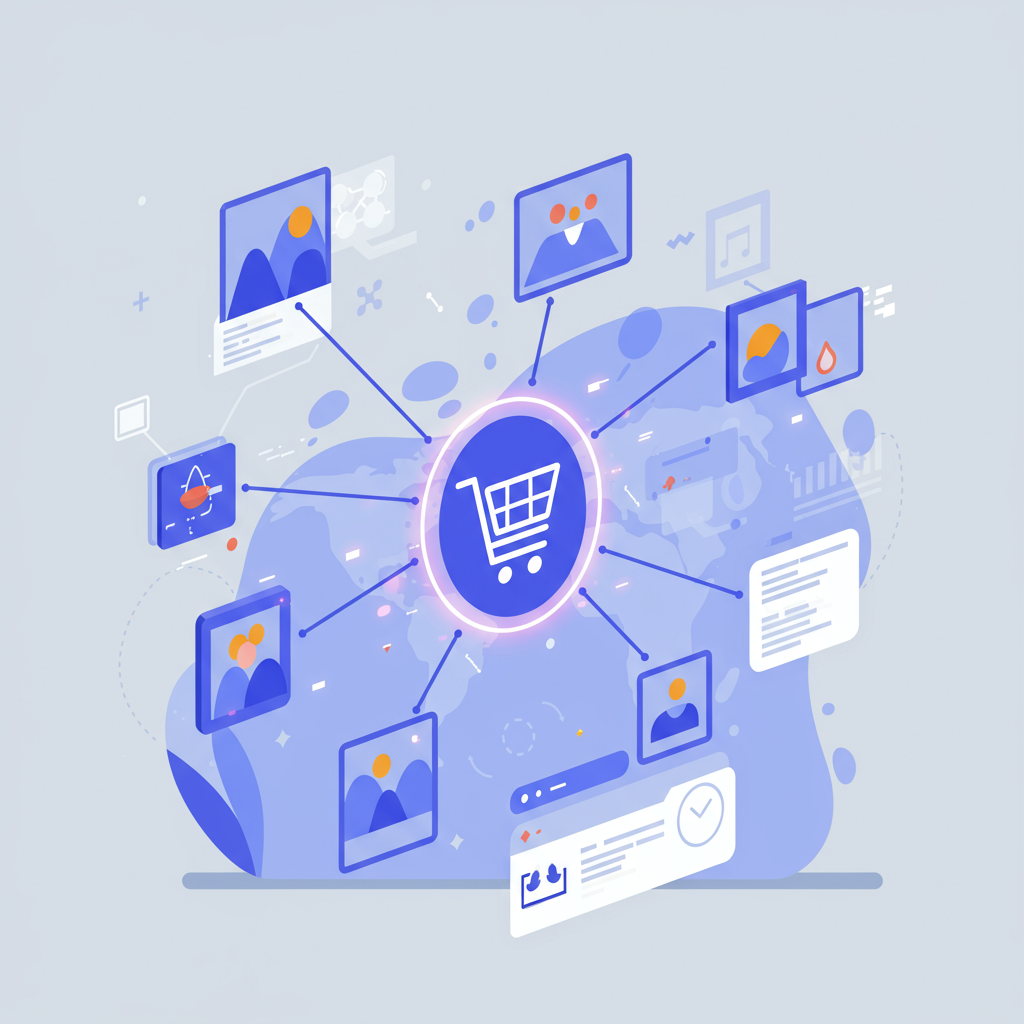Transforming Your Store with Intelligent Product Suggestions
Hello fellow Shopify merchants! I’m here today to talk about something truly transformative for your online store: AI-powered personalized recommendations.
In the vast ocean of e-commerce, standing out and connecting with your customers on a deeper level is paramount.
Generic shopping experiences are quickly becoming a thing of the past. Customers expect more; they expect relevance.
This is where Artificial Intelligence steps in, acting as your digital sales assistant, understanding each customer’s unique preferences.
Imagine your store knowing exactly what each visitor might want next, even before they do. That’s the power of AI.
Personalized recommendations aren’t just a nice-to-have feature anymore; they’re a fundamental driver of sales and customer satisfaction.
They guide your customers through your product catalog in a way that feels intuitive and helpful, not pushy.
So, why are these recommendations so effective? It boils down to relevance and convenience.
When a customer sees products tailored to their browsing history, purchase patterns, and even demographic data, they’re far more likely to engage.
This engagement often translates directly into higher average order values (AOV) and improved conversion rates.
Shopify, being at the forefront of e-commerce innovation, offers various ways to leverage AI for this purpose.
Some capabilities are built directly into the platform, while others come through powerful third-party apps available in the Shopify App Store.
Let’s explore how AI achieves this magic. It primarily works by analyzing vast amounts of data.
This data includes past purchases, products viewed, items added to carts, search queries, and even the time spent on certain product pages.
Sophisticated algorithms then process this information, identifying patterns and predicting future interests.
For instance, if a customer buys a coffee maker, the AI might recommend coffee beans, mugs, or descaling solutions.
If they browse hiking boots, it might suggest waterproof jackets or backpacks. It’s all about contextual relevance.
One common type of recommendation is “Related Products,” often seen on product pages. These are items frequently bought together or similar in category.
Another powerful type is “Customers Who Bought This Also Bought,” which leverages collective purchasing behavior.
“Trending Products” or “Best Sellers” can also be personalized based on what’s popular within a customer’s preferred categories.
Even “Recently Viewed” items, while simple, serve as a helpful reminder and can prompt a return visit or purchase.
Implementing these tools on Shopify is often straightforward. Many apps offer plug-and-play solutions that integrate seamlessly with your store.
You’ll typically find features like customizable recommendation widgets, A/B testing capabilities, and detailed analytics to track performance.
The key is to monitor the performance of your recommendations. Are they leading to higher conversions? Are customers adding more items to their carts?
Don’t be afraid to experiment with different placement strategies and recommendation types to see what resonates best with your audience.
Beyond direct sales, personalized recommendations significantly enhance the overall customer experience.
They make shopping feel more intuitive and less overwhelming, fostering a sense of connection with your brand.
This leads to increased customer loyalty and repeat purchases, which are the lifeblood of any successful e-commerce business.
Think of AI as your tireless, data-driven sales associate, always ready to offer the perfect suggestion.
It frees up your time to focus on other aspects of your business, knowing that your recommendation engine is working around the clock.
The future of e-commerce is undeniably personalized, and AI is the engine driving this transformation.
Embracing these tools now will give you a significant competitive edge in the marketplace.
So, I encourage you to explore the Shopify App Store for AI-powered recommendation apps or leverage any built-in features.
Start small, test, learn, and scale up. The potential for growth is immense.
What do you think about this article? I’d love to hear your thoughts on how AI is impacting your Shopify store or your plans to implement these strategies.
Let’s continue to build smarter, more customer-centric online businesses together.






